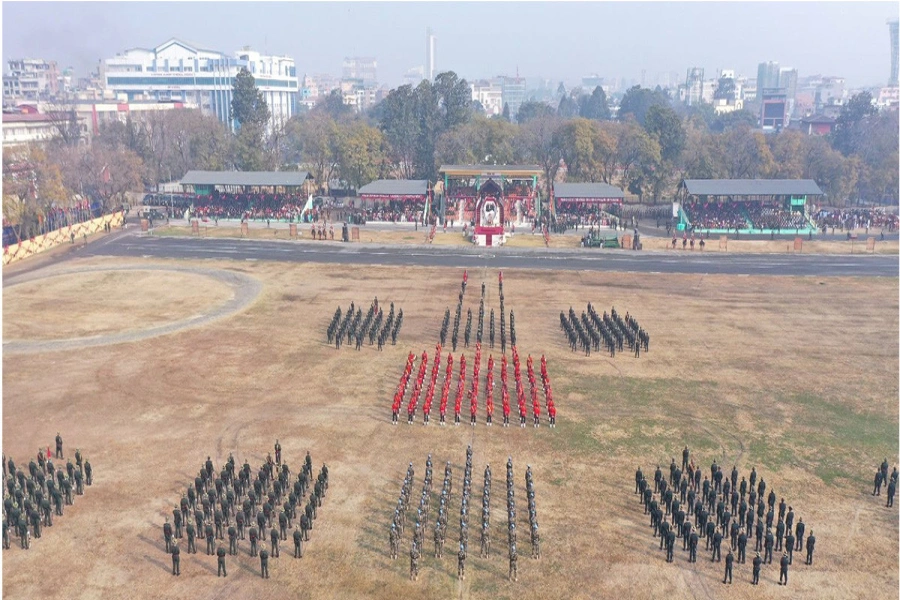KATHMANDU, July 21: The Ministry of Health and Population (MoHP) has predicted that dengue infection is likely to reach its peak in August and October.
Dr Rudra Prasad Marasini, Director of Epidemiology and Communicable Disease Control Division, said the dengue infections has been increasing since June to mid-July and is expected to rise further in August and October.
Dr Marasini stated that dengue infection will gradually decrease after October. He said that with the onset of the rainy season, the infection has increased rapidly since mid-July. Last year too, the infections were reported from May and the infection rate increased from August to October, affecting 77 districts across the country.
Dengue kills three people in Gandaki in three weeks

"The dengue infection increases when the rainy season begins," he said. "There is a risk that the infection will increase further with continuous rain." Aedes Aegypti and Aedes albopictus species of mosquitoes breed in clean places where water is collected. Larvae hatch from those eggs and when the adult larva bites humans, it transmits dengue infection.
According to the Division, there were 1,337 infections on July 12, and by July 17, the number rose to 2,930. Director of the Division, Dr Marasini, said that according to the action plan, MoHP has given instructions to the federal, provincial and local level governments as well as hospitals for dengue prevention and control against dengue infection.
The action plan includes coordination with physical infrastructure, water and sewage management, urban development, education and communication agencies for mosquito control. Similarly, it is mentioned in the action plan to conduct a ‘search and destroy mosquito larvae campaign’ and to conduct a public awareness campaign for the prevention and control of dengue infection.
During the rainy season, the growth and development of mosquitoes that transmit dengue infection is high, so it will be difficult to control mosquitoes without effective multilateral coordination and cooperation. Lack of dengue kits necessary for dengue detection, lack of entomologists and financial resources to monitor mosquitoes has not been advocated. Similarly, the involvement of other concerned Ministries apart from MoHP has also not been adequately emphasized for control measures of dengue infection.



































